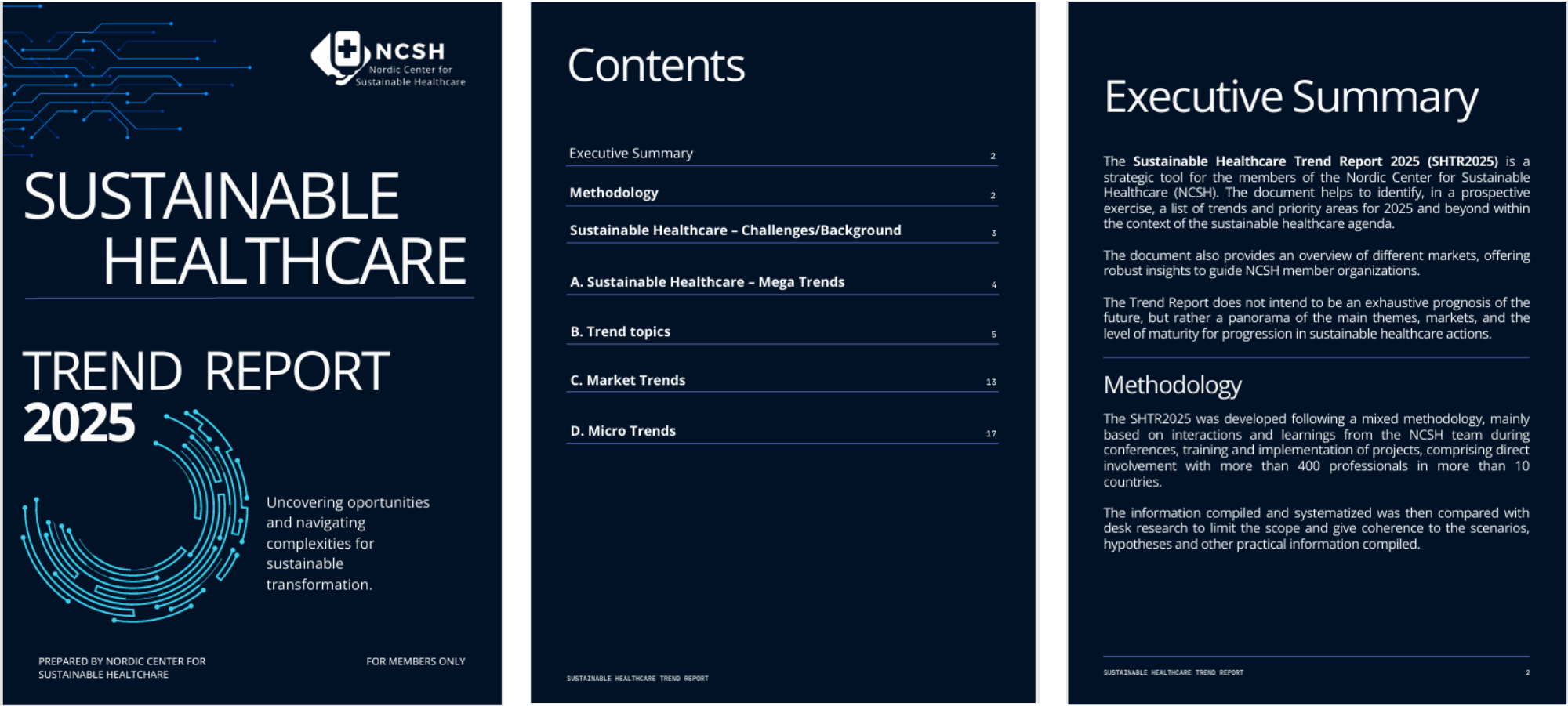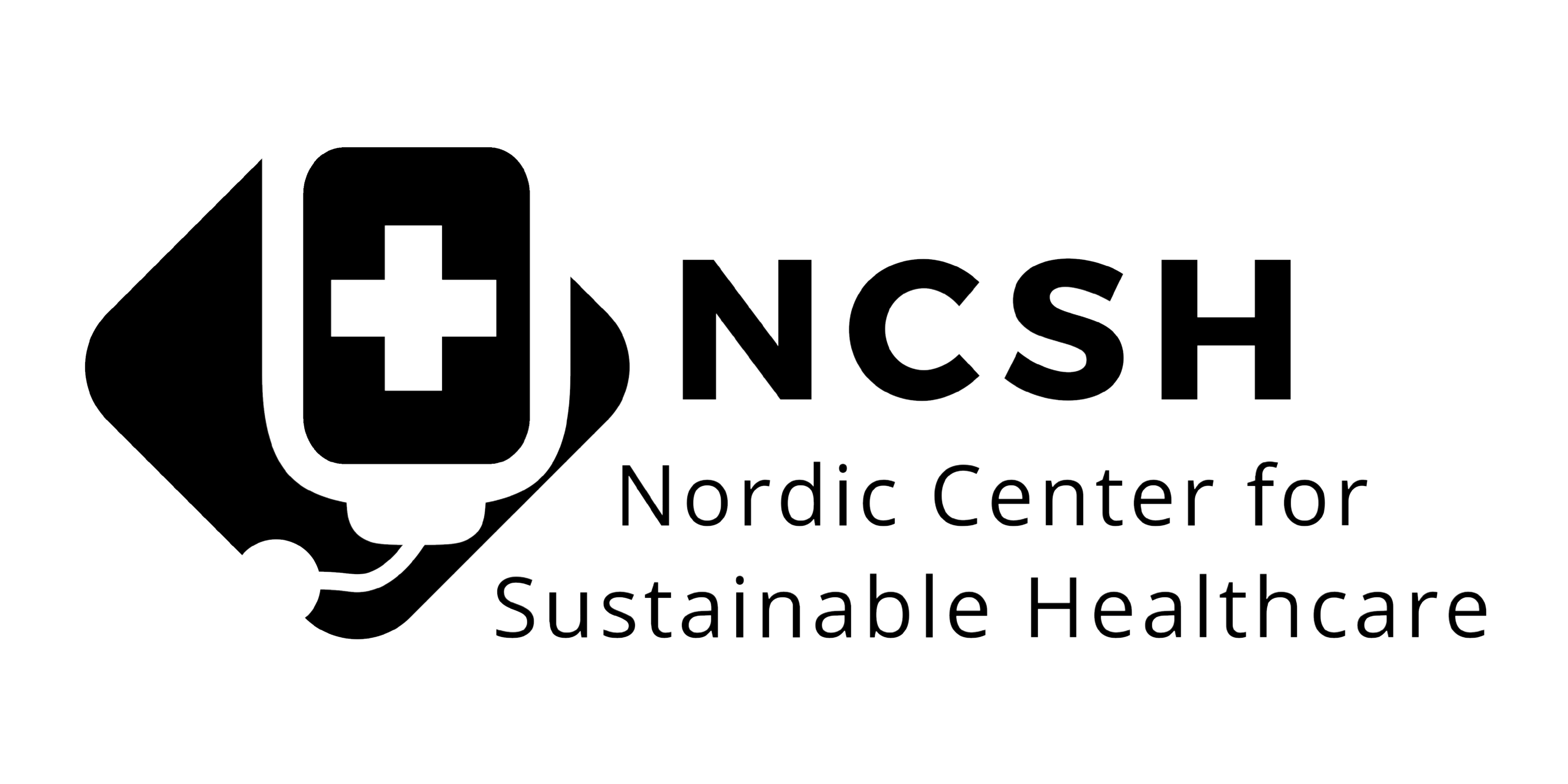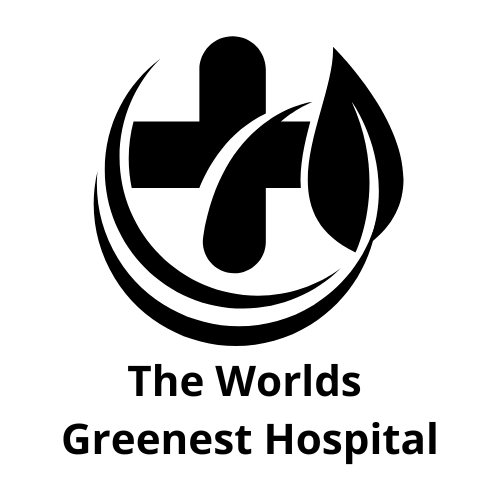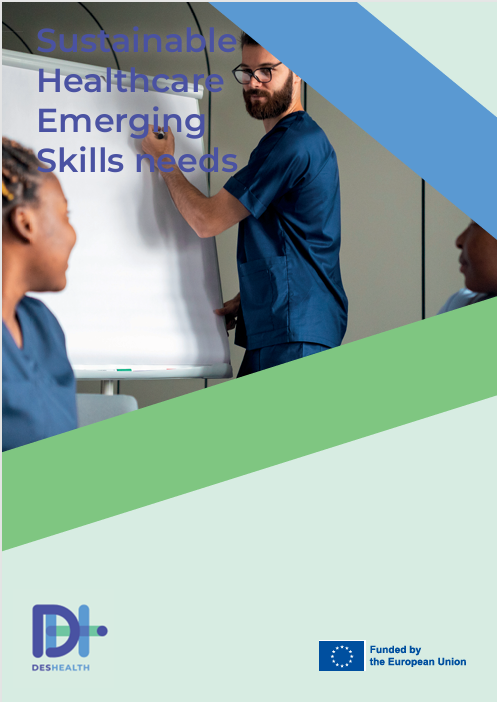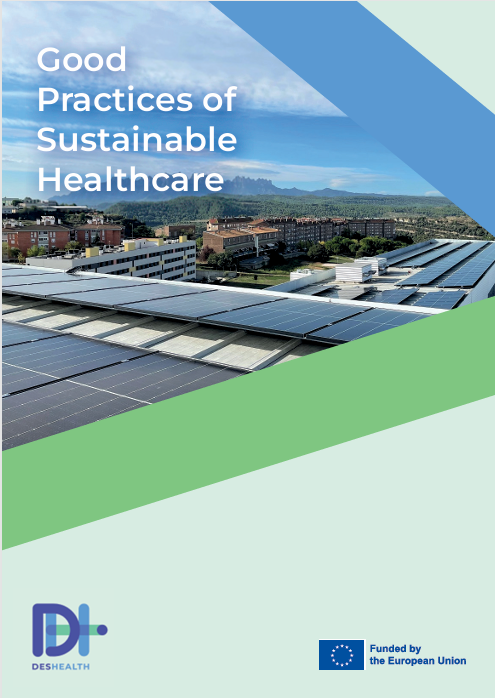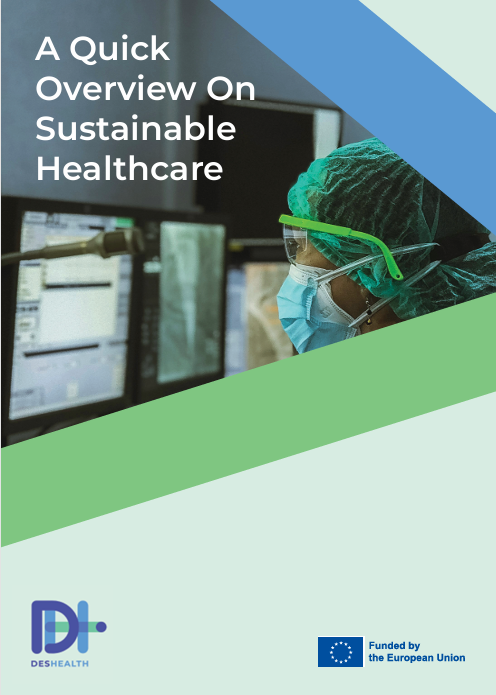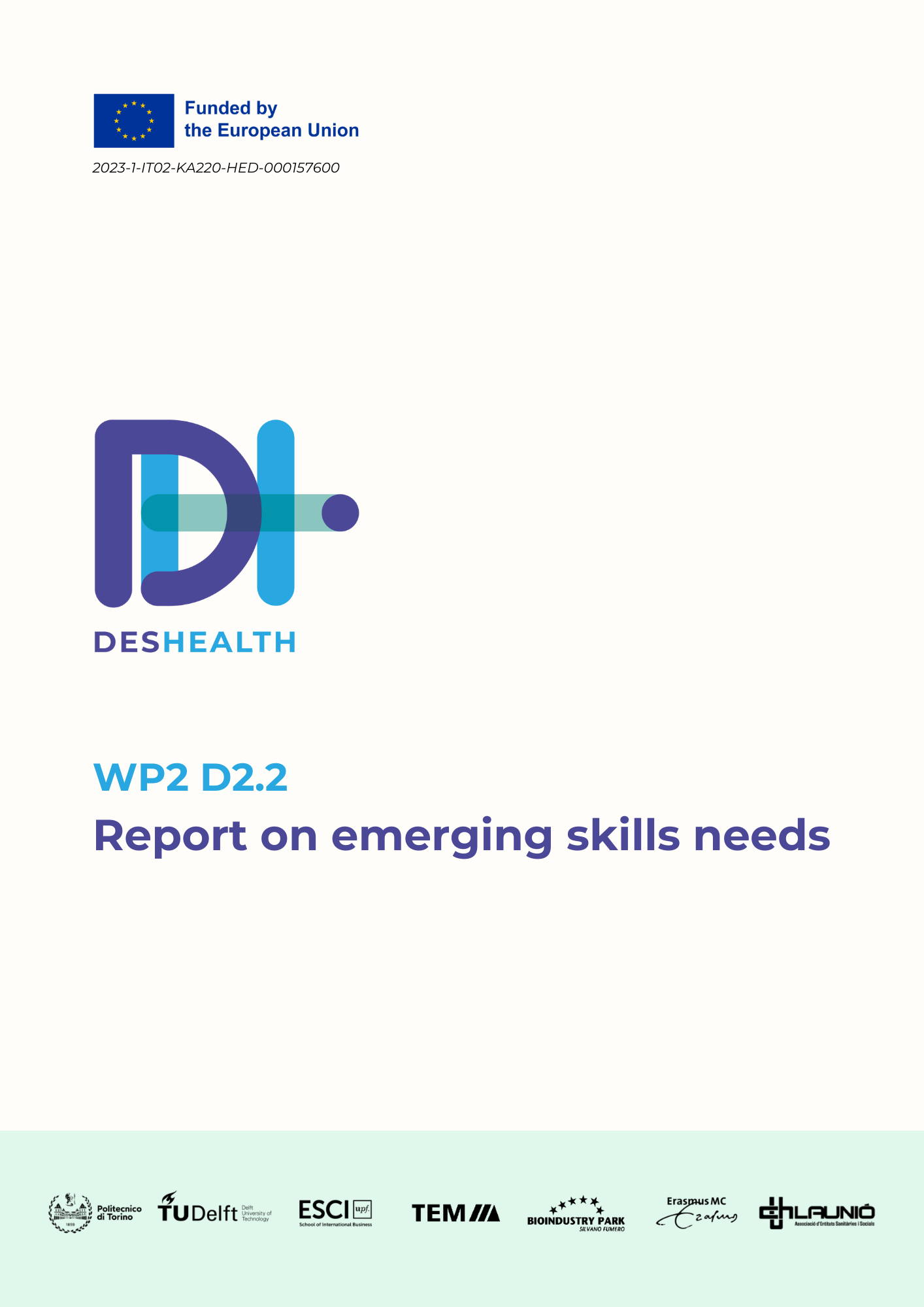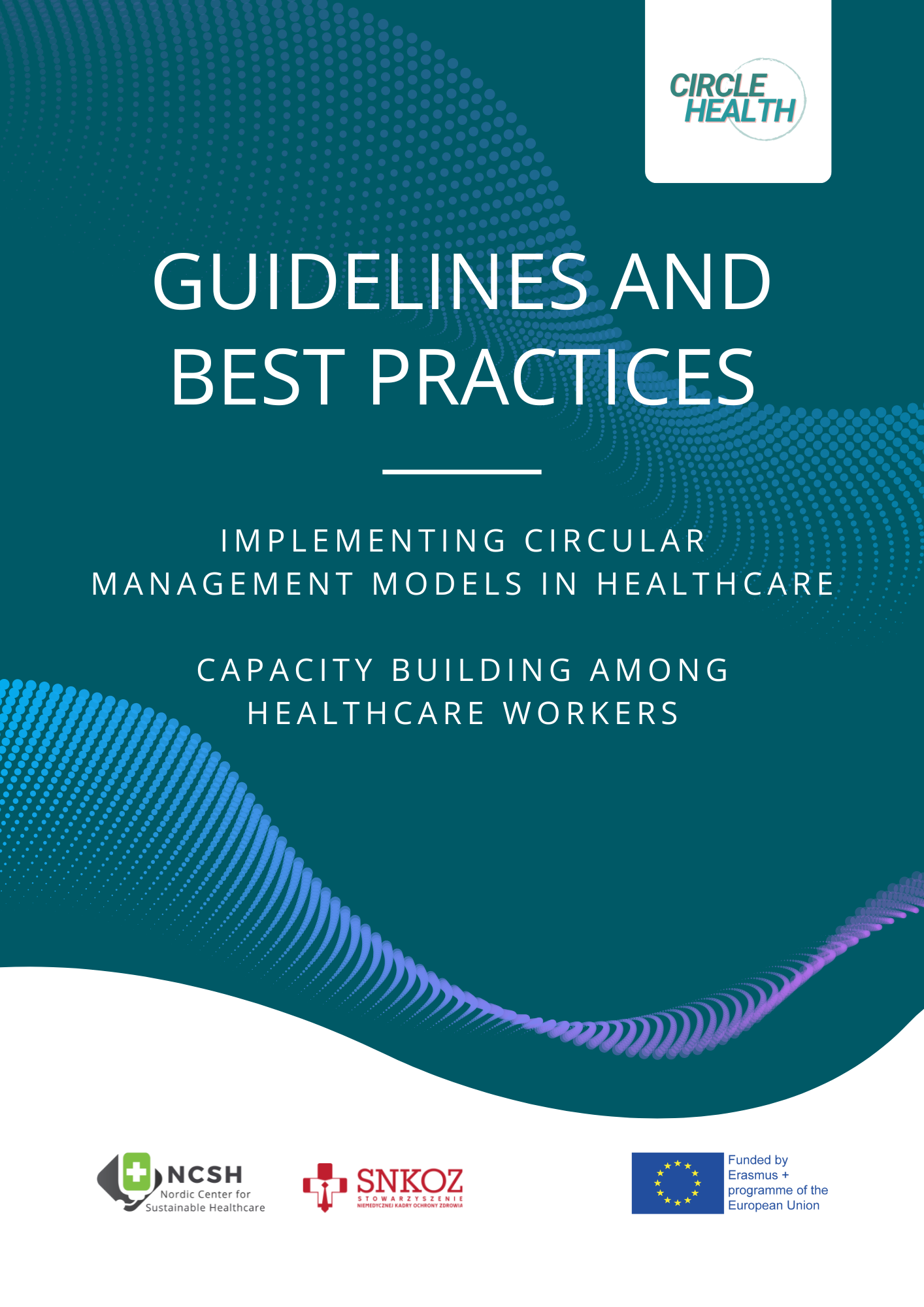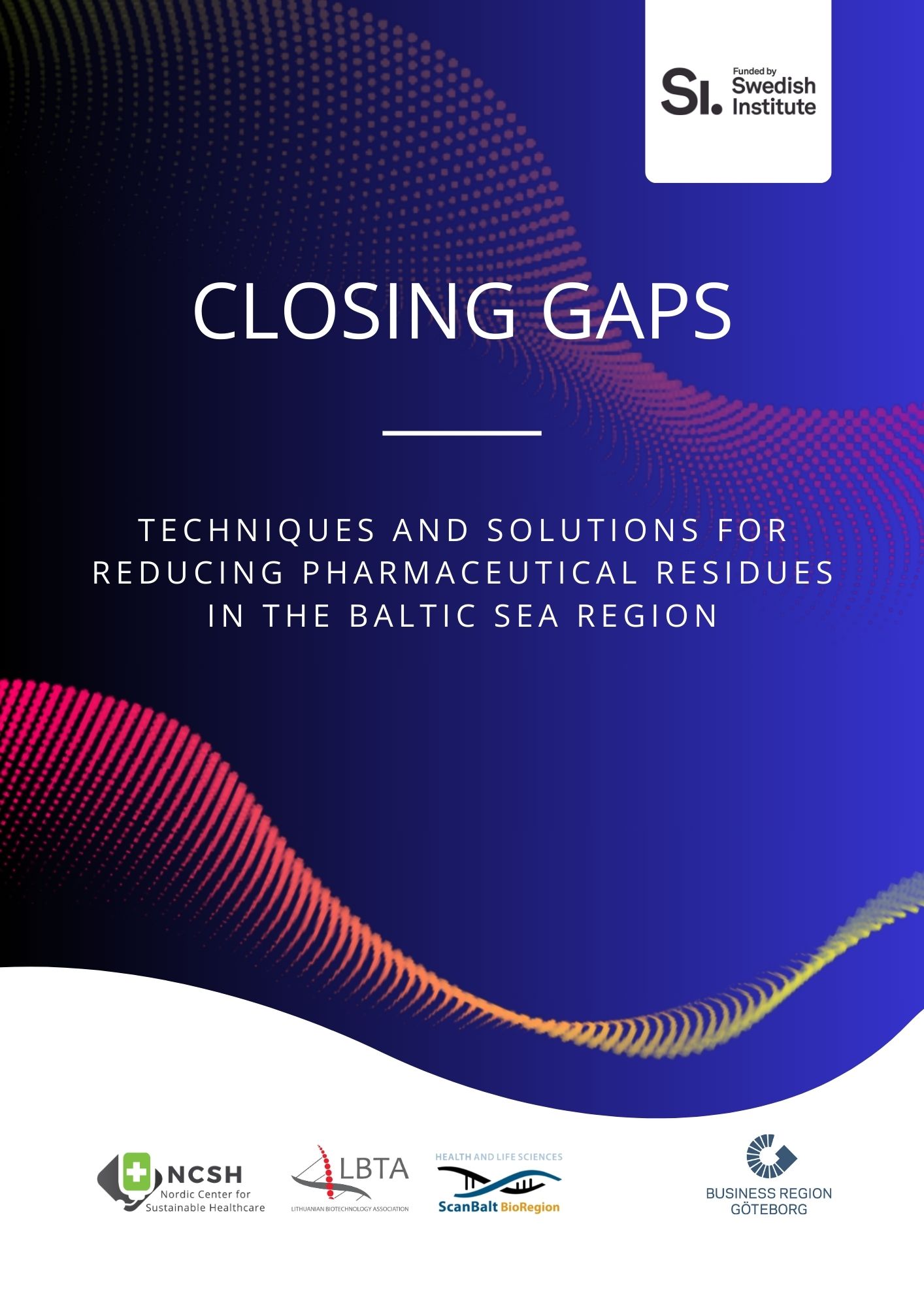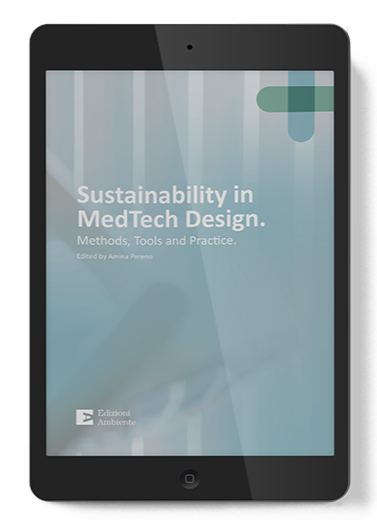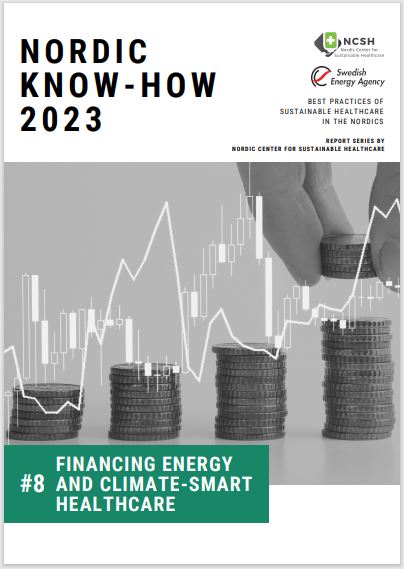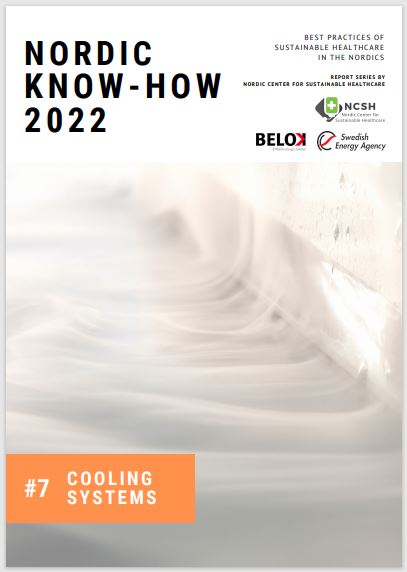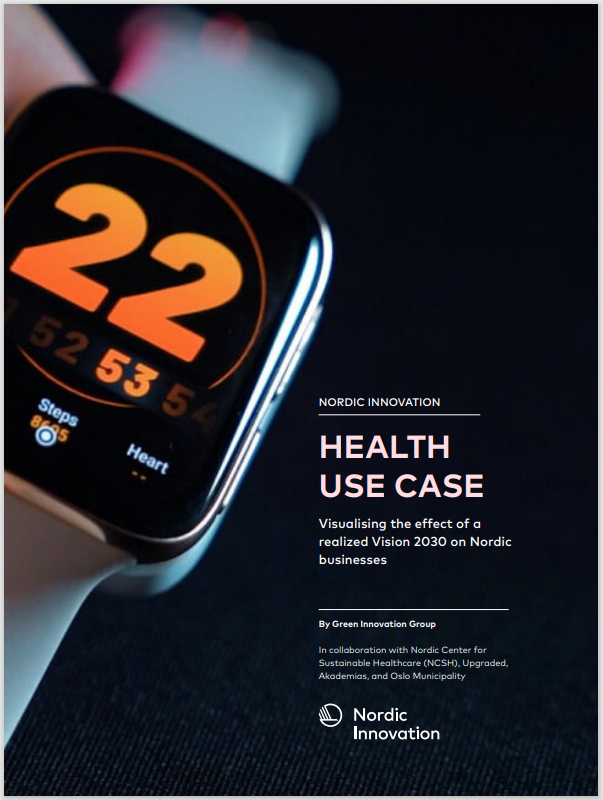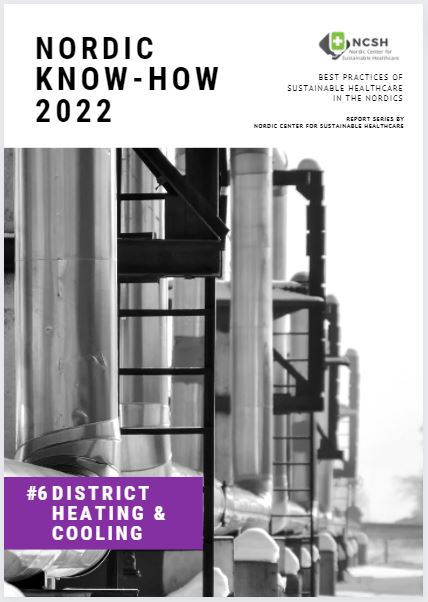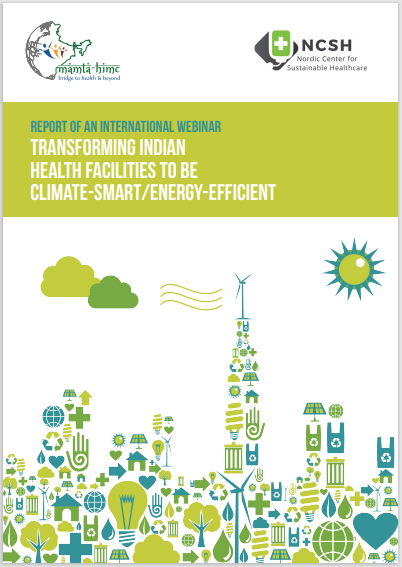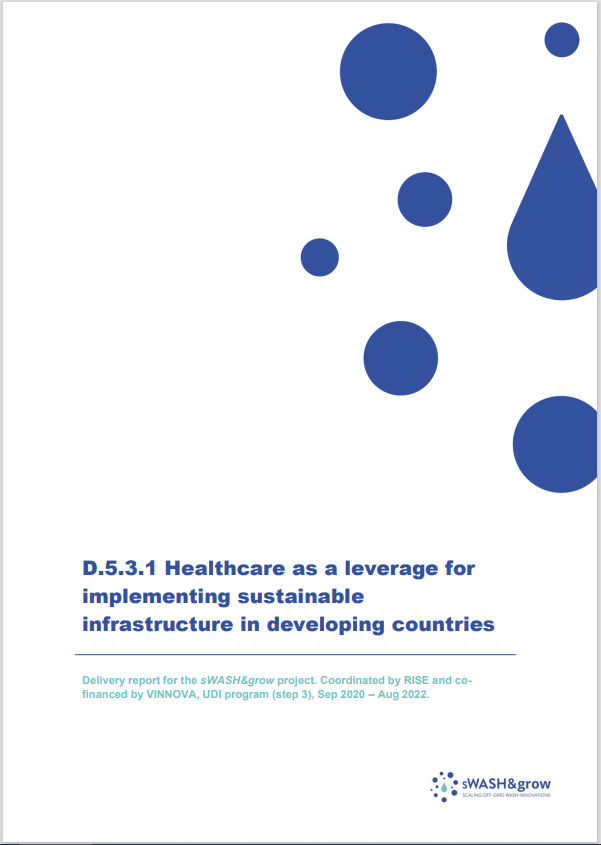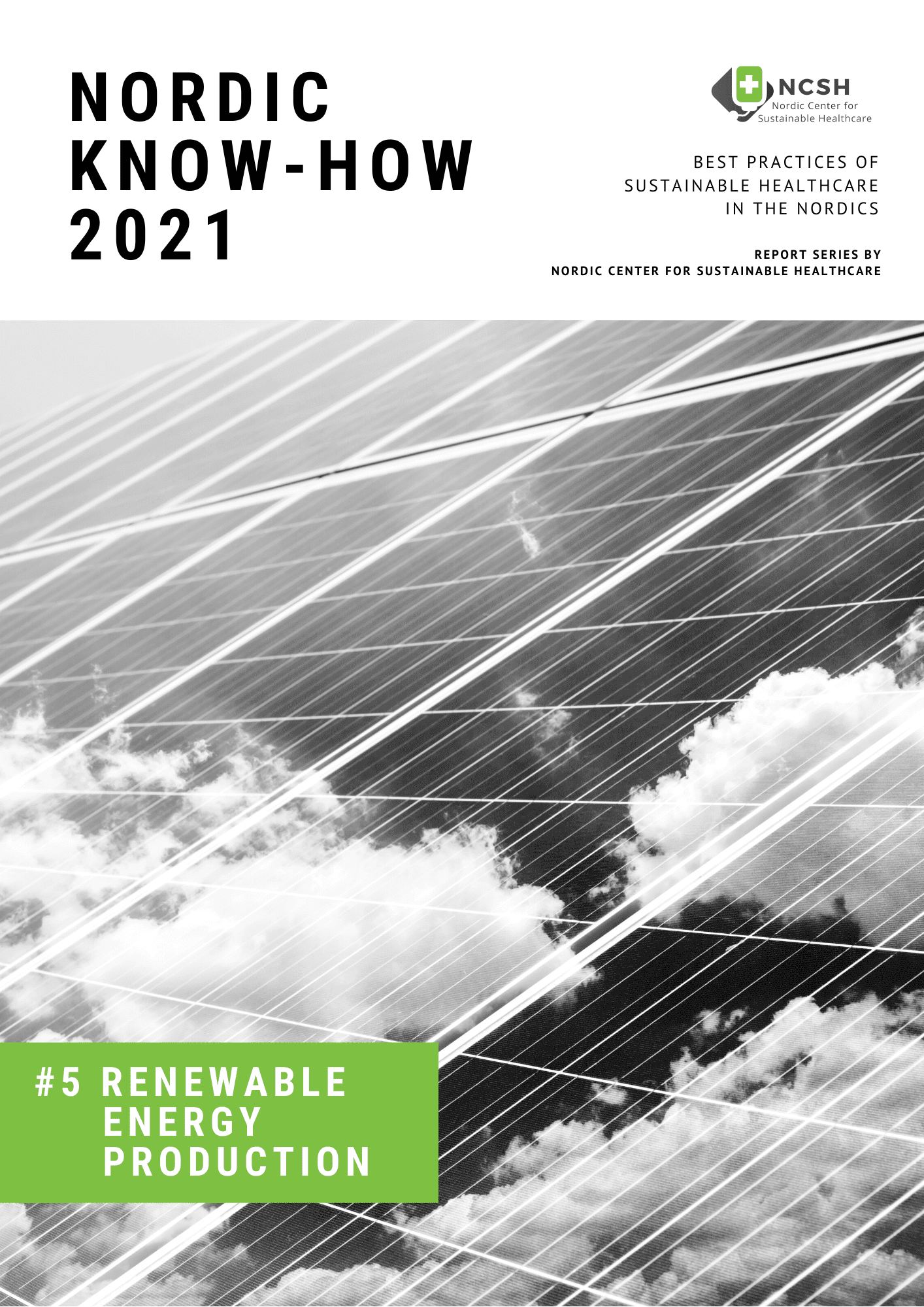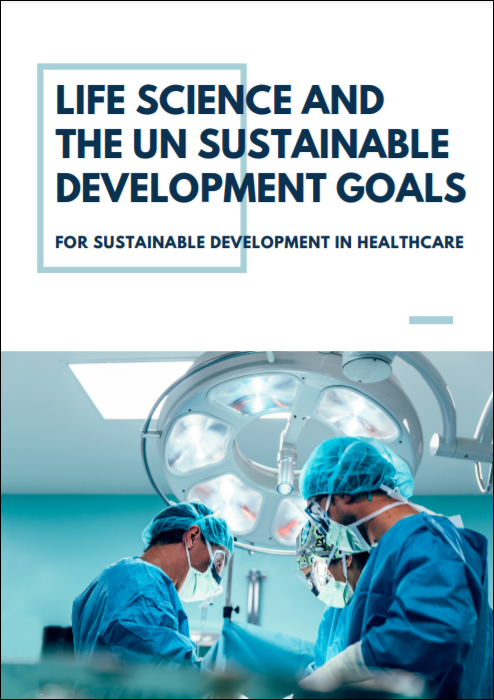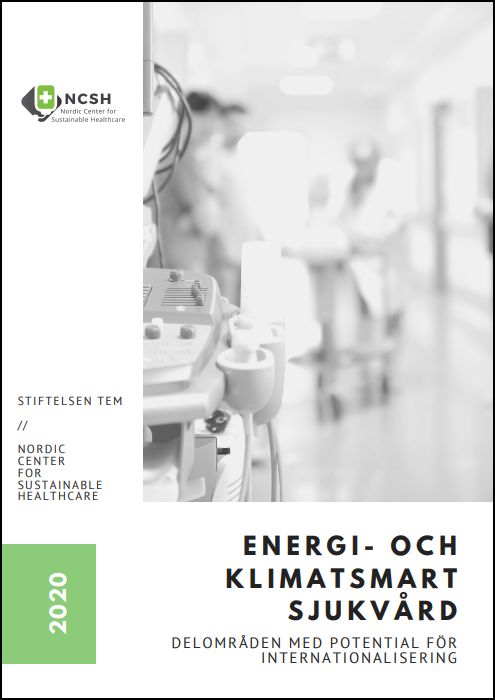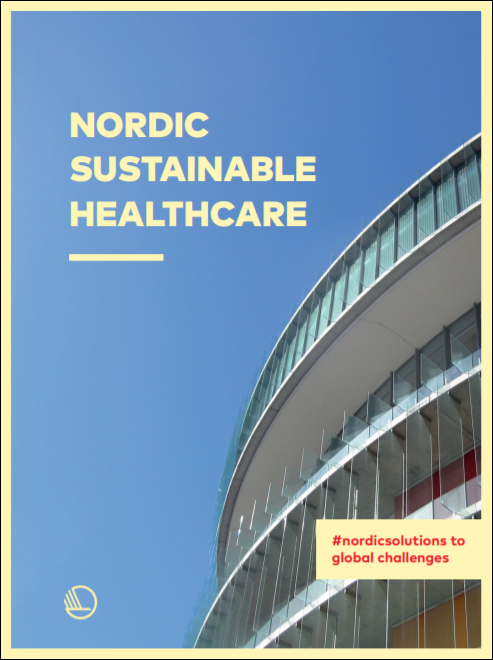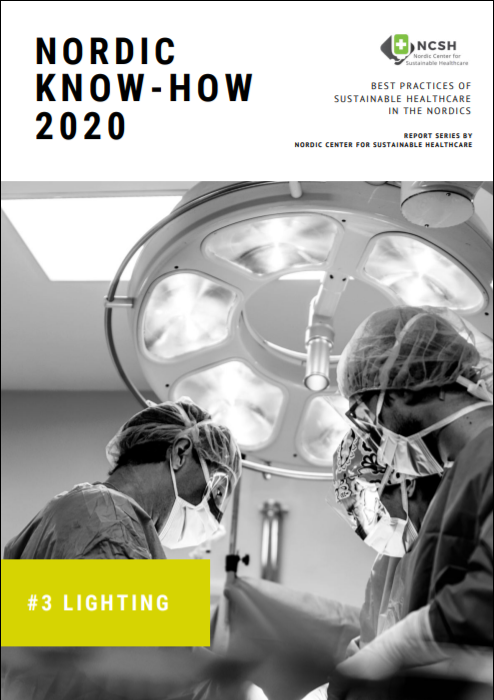By Amina Pereno and Daniel Eriksson (NCSH).
Find at National Library of Medicine
Find at Futures
Abstract
Over the past years, the interest in sustainable healthcare has been growing globally and the transition toward environmentally, economically and socially viable health systems is perceived as inevitable and necessary. All the approaches to this emerging field are mainly focusing on short-term specific issues and involving a limited number of stakeholders. This study aimed to address the topic of the possible futures of sustainable healthcare from a multi-stakeholder perspective, in order to define a long-term scenario and the key strategies to enhance this transition. A series of workshops have involved a representative selection of stakeholders based in Nordic countries and concerned with sustainable healthcare (health industries, health providers, managing authorities, universities and research centres, clusters, NGOs and healthcare networks, professional consortia) through a collaborative foresight process. A design-based approach has been adopted to investigate the current scenario and deepen foresight outcomes. The results highlighted three different horizons and the drivers to reshape the roles of individual stakeholders, enhancing the socio-technical transition towards a desirable scenario based on collaboration between distributed dynamic networks. The identified transition strategies move from the local to the international level, focusing on innovation, information and collaboration between stakeholders. This study provides the framework for future studies to deepen the transition process towards sustainable healthcare and its implications at Nordics, European and international levels.
